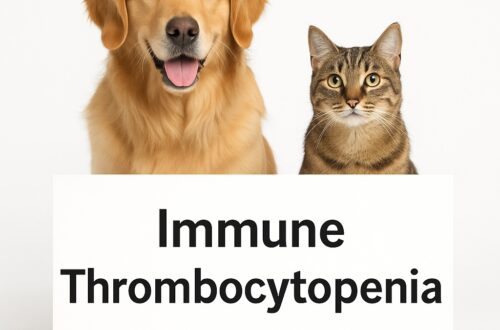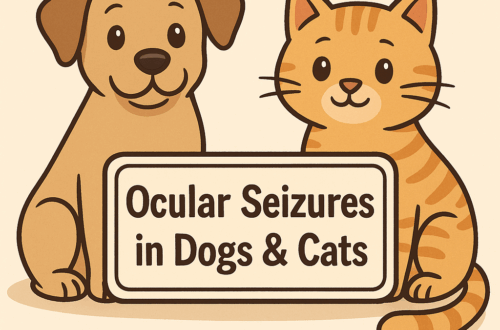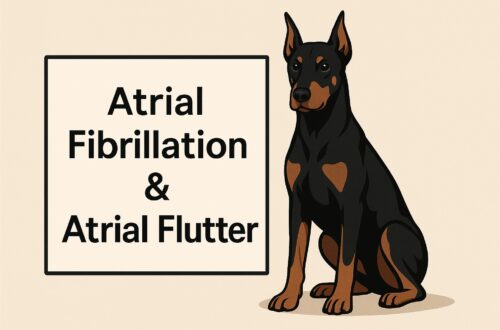Recently I had a very frustrating medical experience with a human family member. I won’t delve into the specific issues, but suffice it to say, the experience struck a sensitive chord. It made me think of some circumstances in which folks have different expectations of veterinarians compared to medical doctors. In the interest of fostering a respectful dialogue, I wanted to share my thoughts on these situations and open a forum for discussion. Happy reading!
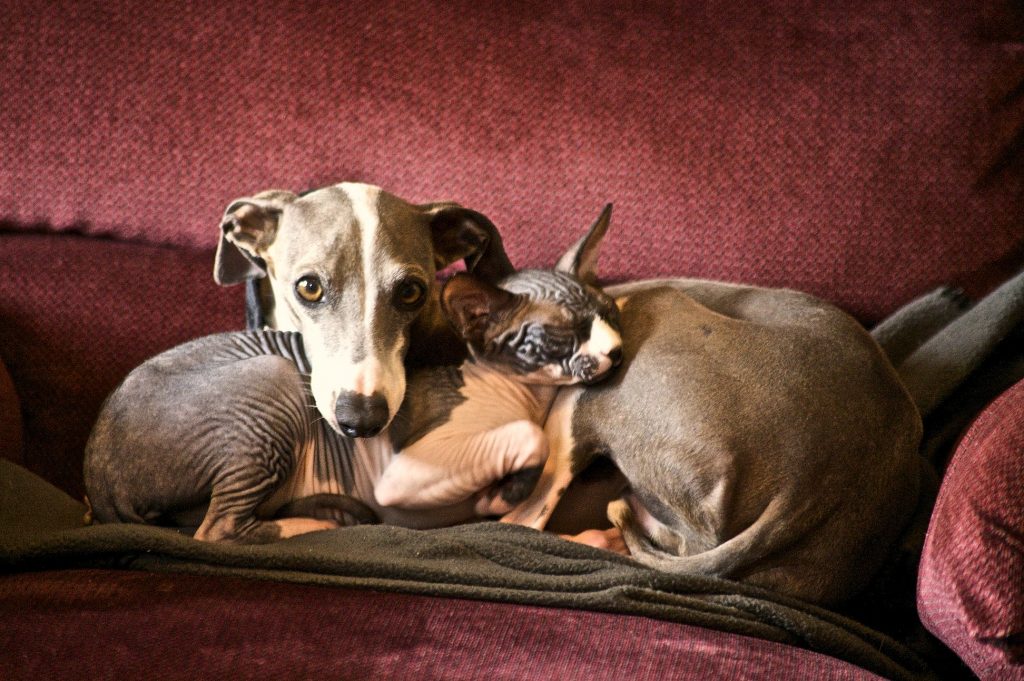
Different expectations for making a diagnosis…
Your cat hasn’t been feeling well for a couple of days. She is not eating as much, is lethargic, and isn’t grooming herself. You dutifully bring her to your family veterinarian for examination because you’re concerned about illnesses like chronic kidney disease or inflammatory bowel disease. The doctor performs a complete physical examination, explains their concerns, and makes recommendations for diagnostic testing. The vast majority of pet owners collaborate with their veterinarian to get to the bottom on their pet’s problem. A small percentage of pet owners, however, lose it on veterinarians when diagnostic testing is recommended. Too often we hear questions like, “Can’t you just treat him?” or “Is testing really necessary? You vets are all just trying to make money.”
Let’s look at a similar situation with a human patient. One goes to their doctor because they’ve had a sore throat and mild fever that haven’t resolved with at-home therapies after a couple of days. The doctor examines their patient and sees pustules on their tonsils (aka white dots in the back of your throat). The tentative diagnosis? Streptococcus pyogenes infection – “strep throat.” What does the doctor do next? The doctor orders a rapid strep test or a throat culture to confirm their suspicion. When a diagnosis is made, appropriate treatment is prescribed. Reasonable, right? The patient doesn’t insult the doctor by telling them they’re only in it for money. They understand a test is needed to confirm a diagnosis so they can receive the correct treatment. Why do some folks have different expectations in this type of scenario?
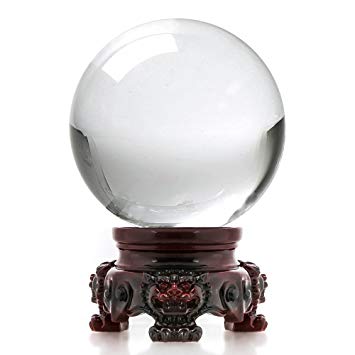
I need pet owners to remember there’s no such thing as a magical crystal ball for making diagnoses. Believe it or not, it’s quite rare a doctor – human or veterinary – can make a definitive diagnosis without performing diagnostic tests.
If one can’t heed a veterinarian’s diagnostic recommendations – for whatever reason – that’s OK!
There’s absolutely no judgement when a family can’t heed them. Just please don’t be abusive or insulting when declining the doctor’s recommendations. Just be honest and say, “Hey doc, I understand what you’re telling me and that you recommend some testing. However, right now I can’t do those things. I’d still like to try and help my pet. What can we do within my means?” Any worthy veterinarian understands we all live the real world, and so they’re ready to partner with you to try and help your pet.
Different expectations for test results…
Veterinarians often need to send laboratory samples – blood, urine, feces – to a veterinary laboratory for analysis. Some in-hospital testing is possible, especially for emergency situations, but, in general, using reference laboratories is more accurate and reliable. Indeed, reference laboratories are considered the gold standard and are often financially friendlier. You can read more about the difference between in-house vs. reference laboratories here.
Logically, when one sends veterinary specimens out for analysis, one must wait for the results. This same process applies to human samples too. Yet the reaction of so many pet owners is vastly different when waiting for their pet’s test results versus waiting for their own.
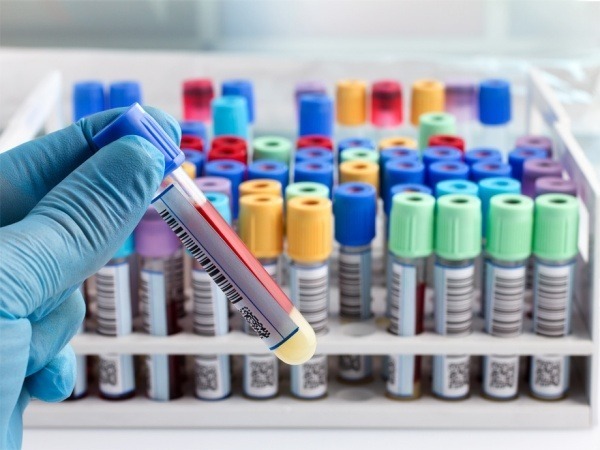
Let me explain. Veterinarians advise pet owners when to expect communication about their pet’s test results – when they’ll call or email or text to discuss them – to tell them what the results mean, to tell them what the next steps are. In general, the waiting period is 3-5 business days, a very reasonable time frame. Inexplicably despite counseling pet owners, veterinarians are inundated with telephone calls demanding results the very next day. Often, these folks call incessantly despite being reminded (multiple times) when they’ll hear from the veterinarian. Many become irate, verbally abusing veterinary teams – all because they didn’t get results when they wanted them instead of when they were told they’d get them.

This reaction baffles the minds. I don’t understand why there are different expectations in this regard? Folks rarely call their doctor’s office to berate the physicians, but it sadly happens all the time in veterinary medicine. It happened to me this week! Veterinarians know no one likes waiting for test results. Believe me, I loathe waiting! My nurses know I’m one of the most impatient folks walking the planet. So, here’s my humble request. Be patient! I promise you the veterinarian will call you with your pet’s results within the time period you were given (and believe it or not, often earlier).
Different expectations for waiting in the ER…
No one likes to go to an emergency room. That’s a fact. You walk into the ER, and inevitably your eyes gaze upon a sea of sick people. You know you’re going to have to wait to be seen. In fact, you’re going to wait a long time, like hours. Earlier I mentioned a recent frustrating experience with a family member. Well, that experience was in a human ER where my family member had to wait 2.5 hours to be triaged – not evaluated by a doctor, just triaged by a nurse.
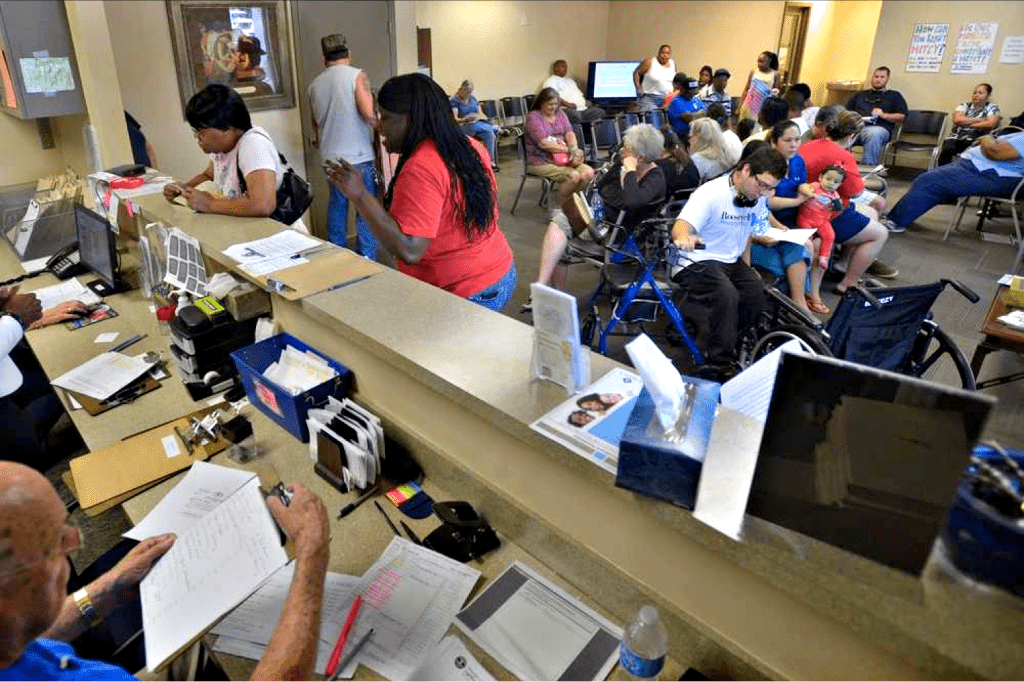
So, what does one do when while waiting in the emergency room? One finds a seat – usually as far away from others as possible – and bide their time until it’s your turn to be examined. Reading can pass the time nicely. Texting friends or playing games can make time fly. The point is one occupies themselves any way they can. What doesn’t one do? One does not yell at receptionists and nurses. One doesn’t throw an adult temper tantrum in the middle of the ER. My family waited – frustrated but patient – understanding they’d be seen as soon as possible in the hectic emergency room.
Sadly, this is not the case in veterinary emergency rooms. There are – once again – different expectations, at least in my experience (and that of many colleagues) over the past couple of decades. Apparently, time is more precious in the veterinary ER than the human emergency room because pet owners simply don’t like waiting for their pet to be seen. Combine this fact with a general lack of awareness emergency patients are seen in the order of medical priority as determined by the medical staff, not in the order of arrival to the ER, veterinary teams are bombarded with abusive demands to be seen out of turn.
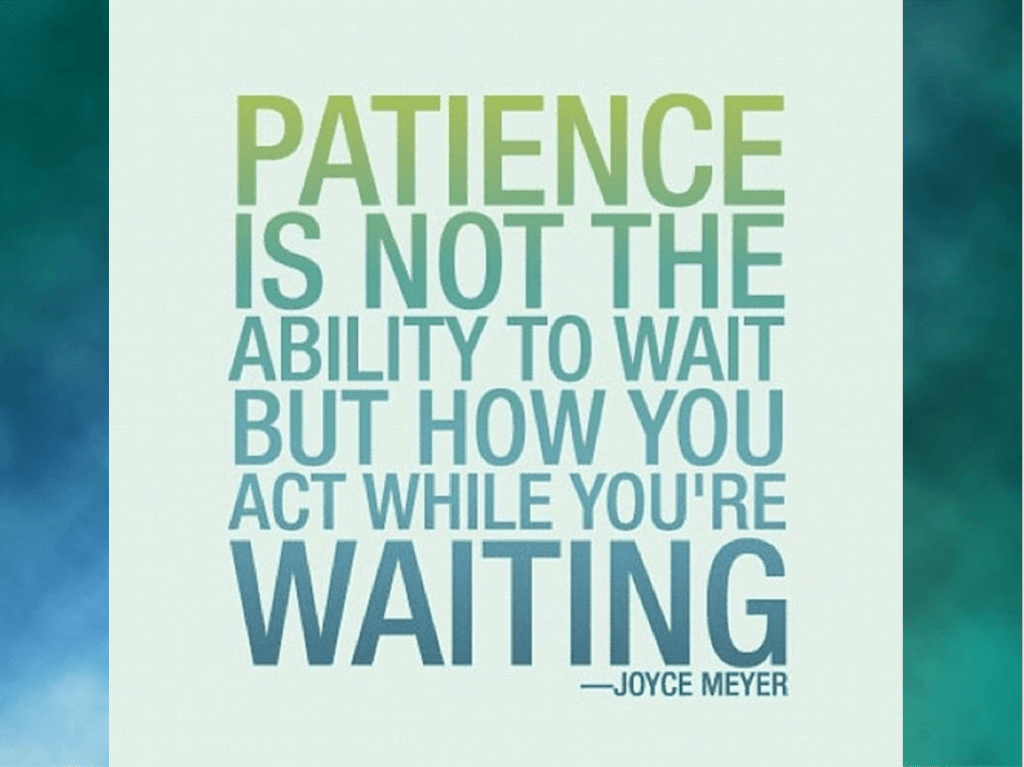
The take-away message about different expectations…
I don’t pretend to understand why some pet owners have different expectations of veterinarians compared to human doctors for certain aspects of their pet’s healthcare. Is it because they don’t have to pay at the time service is rendered? Or because they usually only see the post-insurance bill? Maybe it’s because human hospitals have security guards. Here’s what I do know. Veterinarians are not adversaries to pet owners. They’re partners with them. They want to help your pet and you. So, please do your best to understand and respect the tireless work your veterinarians do on behalf of your fur babies. Your collaboration is most certainly welcomed!
To find board-certified veterinary specialists in your area, please visit VetSpecialists.com.
Wishing you wet-nosed kisses,
CriticalCareDVM




